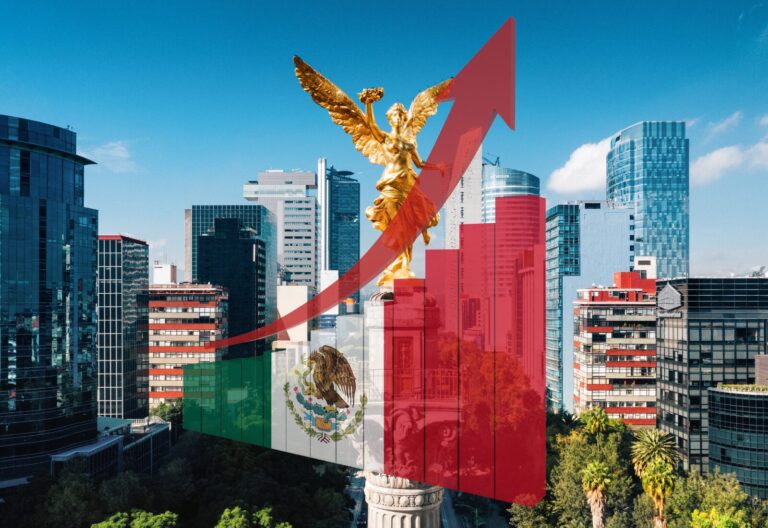Fred leads Harris Sliwoski’s intellectual property practice and is the coordinator of the firm’s international team. Much of Fred’s practice consists of helping cannabis businesses protect their brands. He also works with entrepreneurs and companies entering the Web3 space, a new frontier for IP law. Prior to joining Harris Sliwoski, Fred worked overseas for more than a decade, in both government and private sector roles. Fred is a regular contributor to the award-winning China Law Blog and Canna Law Blog.
Fred began his career overseas as a U.S. consular officer in Guangzhou, China, where he advocated for fairer treatment of American companies and citizens in China and for stronger intellectual property rights enforcement. After entering the private sector, Fred worked at a Shanghai law firm as a foreign legal advisor and later joined one of the oldest American law firms in China, helping foreign companies navigate the Chinese legal environment. He also led the legal team at a Hong Kong-based brand protection consultancy, spending most of his time out in the field, protecting clients against counterfeiters and fraudsters in Greater China, Southeast Asia and Latin America.
In addition to his IP work, as a native Spanish speaker, Fred works closely with different Harris Sliwoski teams on Latin America and Spain matters. Fred also provides advice to cannabis industry participants and other businesses on import and export transactions.
Fred is an ardent supporter of FC Barcelona—and would be even in the absence of Catalan forebears who immigrated to Puerto Rico in the mid-1800s.




















